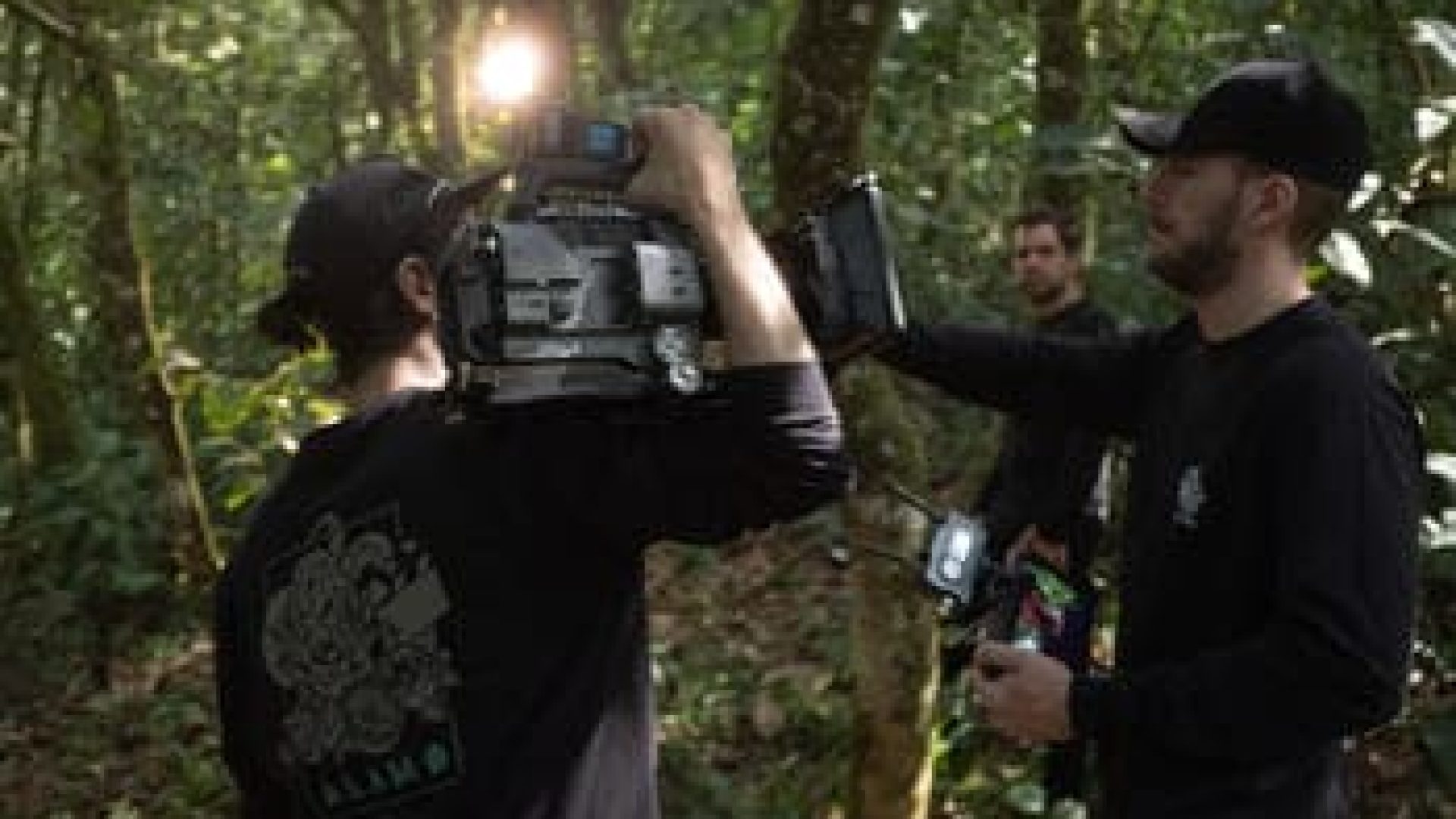Learn in detail what a feature film is, the various types, the technical aspects to consider during feature films production, and the fundamental legal aspects for this cinematic process.
A feature film is a cinematic work of extended duration, usually with a minimum length of 60 minutes. This format allows for deep and comprehensive storytelling, making it the perfect tool for conveying complex and captivating stories.
This increased duration allows for a deeper exploration of the plot, characters, and themes, often resulting in a more complete and rich cinematic experience.
Feature films are a form of artistic and narrative expression used for various purposes, from entertainment to education and artistic expression.
Types of Feature Films
Within the vast world of feature films, various categories can be found for feature film production, each with its own focus and style:
Fiction:
These feature films explore imaginary worlds and fictional characters, including dramas, comedies, science fiction, horror, and more. Notable examples include “The Godfather,” “The Lord of the Rings,” and “Titanic.”
Documentaries:
Focus on real-life events, people, or topics. Documentary feature films have the power to educate, inspire, and raise awareness. Prominent examples are “Bowling for Columbine,” “Supersize Me,” and “March of the Penguins.”
Animation:
The magic of animation comes to life in 2D or 3D feature films, offering stories filled with creativity and color. Iconic examples include “The Lion King,” “Toy Story,” and “Frozen.”
Experimental:
Feature films that challenge narrative and visual conventions, seeking new ways to communicate ideas and emotions through cinema.
What Does Feature Film Production Involve?
Feature film production is the complete process of creating and realizing a full-length film. This process involves several key stages, from the conception of the initial idea to the distribution and exhibition of the film on the big screen.
Here are the main phases and aspects involved in feature film production:
Script Development:
It all begins with a creative idea developed into a screenplay. This screenplay serves as the foundation for the feature film and contains the narrative, dialogues, and scene descriptions.
Preproduction:
During this phase, production is carefully planned. This includes location selection, production design, casting, hiring the film crew, obtaining permits, and creating a budget.
Financing:
Securing the necessary funds to finance the feature film is a critical step. This may involve investors, film studios, government grants, or crowdfunding, depending on the film’s scope and budget.
Direction and Acting:
The director is the architect behind the vision of feature film production, working closely with the cast to achieve authentic and emotive performances.
Cinematography:
Camera selection, shot composition, and lighting are essential to defining the visual aesthetic.
Sound and Music:
Sound design and the soundtrack play a crucial role in creating the appropriate atmosphere and intensifying emotions.
Production:
During filming, the production team works closely to execute scenes according to the script.
Editing and Postproduction:
After filming, the postproduction stage begins, where the feature film is edited, visual and sound effects are added, and the soundtrack is created. This phase is crucial for the final shaping of the film.
Distribution:
Once the feature film is ready, a distribution strategy is sought. This may involve selling rights to distributors, organizing screenings at film festivals, or negotiating exhibition agreements in theaters and streaming platforms.
Marketing and Promotion:
A marketing strategy is created to promote the feature film before its release. This includes creating posters, trailers, cast and director interviews, and participating in film festivals to generate interest.
Theatrical Release or Streaming/DVD/Blu-ray Release:
If the feature film will be screened in theaters, its release in cinema halls is organized within a specific period. This involves coordination with cinema chains and local promotion. If it will be released online or in physical formats like DVD or Blu-ray, distribution on platforms like Netflix, Amazon Prime Video, or iTunes is coordinated.
Critique and Audience Evaluation:
The feature film undergoes reviews and audience feedback, which can influence its success and future decision-making.
Legal Aspects:
Legal aspects, such as obtaining copyrights, drafting contracts with the team and cast, location permits, and proper classification of the feature film according to local regulations, must be managed.
Release and Exhibition:
Finally, the film is released to the public, either in theaters, online platforms, or other formats. Participation in film festivals may also be part of the promotional strategy.
Feature film production is a complex and collaborative process that requires careful planning, financial resources, technical skills, and creativity. From the initial idea to the big-screen projection, each stage is essential to bringing forth a successful and captivating film.
Need an expert audiovisual production company for feature films?
Alamo Audiovisual is a production company located in Medellin, Colombia. We specialize in turning our clients’ ideas into feature films with the highest level of cinematic quality. With a team of experienced professionals in feature film production, state-of-the-art equipment, and an unwavering passion for cinema, we guarantee that your project will be a success.
We invite you to visit our website for detailed information on what we do.
If you’re ready to bring your project to life, don’t hesitate to contact us. Together, we can create a cinematic masterpiece that will endure in the audience’s memory and in the history of cinema.
Let us be your partner in this exciting adventure!



